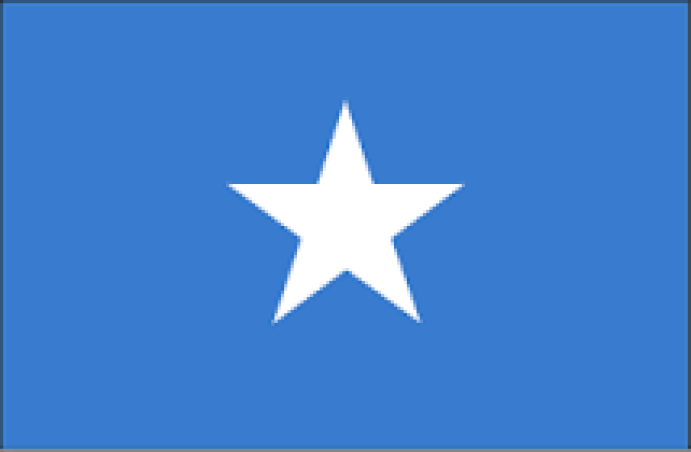Somalia: Over 7,000 Displaced People Benefit From Somali Cash Consortium's Emergency Funding

The Somali Cash Consortium, led by Concern Worldwide, has distributed emergency funding to over 7,000 displaced people who have been forced to leave their homes in the region due to the continuing drought.
The Consortium has activated its emergency cash response in the southern Somalia city of Baidoa to assist 1,225 vulnerable Somali families. The Consortium transferred $73,500 of emergency response cash this month to the mobile phones of people who were displaced or at risk of displacement due to drought.
This is the fourth time the Consortium has activated its $275,000 emergency cash response fund this year. The Consortium's previous activations have been in response to homes being destroyed by floods and evictions.
The cash enables recipients to purchase food as well as basic supplies such as portable solar lamps, kitchen sets, corrugated galvanized iron for shelters, blankets, floor mats and hygiene items. In previous responses, 99% of participants reported that the cash assistance had improved their access to food.
Following reports of newly displaced people around Baidoa town, teams from Consortium partner agencies carried out rapid needs assessment surveys. Interviews with affected households indicated that they left their villages in the region due to severe food and water shortages.
Displaced families face challenges accessing food, water and basic health services when they arrive in Baidoa, the capital of Bay district. The majority of those impacted are women and children. "Our survey teams found that 74% of respondents were not able to meet their food needs," Consortium Programme Manager Kaitlyn Scott said. UNHCR reports that 272,000 people[i] have been forced to move to Bay as a result of conflict or drought.
Ms Scott said: "Consortium members were already operating in this area, so were able to respond quickly. This is a good example of how existing capacity as well as mobile technology can be used to scale up support efficiently and effectively as the need changes."
Participants supported by the Somali Cash Consortium receive money through mobile money, a system that works on even the most basic phones. Mobile money is widely accepted in Somalia, giving participants greater choice and reducing the risks of travelling to distribution sites or specific vendors.
Six out of the last seven rainy seasons have failed in Somalia. In southern Somalia the Gu season (April-June) produced the lowest Gu cereal harvest since 1995. The latest Integrated Food Security Phase Classification (IPC) figures, a food security and nutrition measure, show 2.1million[ii] people in phase 3 and 4, "acute food and livelihood crisis" and "humanitarian emergency," respectively. UN OCHA warns that the November cereal harvest is likely to be 44% below average.
Alessandro Bini, Consortium Director said: "The Crisis Modifier funds from ECHO allows us to respond quickly to a wide variety of shocks which affect vulnerable Somalis. Heavy rains are expected around the Juba and Shabelle river basins leading to an increased risk of flooding[iv], yet other areas remain in drought conditions, displacement and evictions continue.
SOURCE: Dalsan Radio.
 Africas leading resource for digital financial services
Africas leading resource for digital financial services


comments